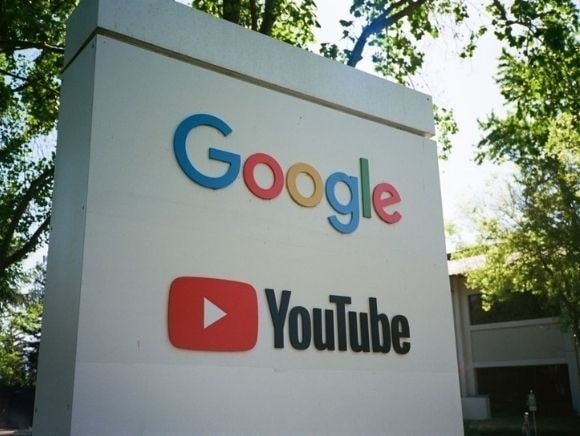Google undeniably dominates the email, search engine, and file storage game. Yahoo, DuckDuckGo, and Microsoft Bing all play second fiddle. Still, an encryption-focused platform recently renamed Proton is hoping to overthrow the Internet King. In contrast to Big Tech, Proton claims it guarantees your data privacy without exploiting it for profit.
Formerly ProtonMail
ProtonMail is rebranding as simply Proton as it adds new offerings to its portfolio. Google lets you access Gmail, Docs, Sheets, Drive, and Sheets on one platform, and Proton will do the same. The new website will host Proton Mail, Proton VPN, Proton Drive, Proton Calendar, and other services. Users can access all with one paid subscription.
[substack align=”right”]Proton is not new to the internet space. Focused on data privacy and encryption, the company boasts that it is favored by security-conscious consumers. CEO Andy Yen has a plan to compete with such tech giants as Google, Apple, and Microsoft. With 400 employees and 70 million users, Proton expects to grow as it says it offers what no other service does: transparency and privacy.
But why should the end-user care that their information is encrypted? Whether dealing with the government subpoenaing personal info, a data leak, or cybercriminals, the customer’s vulnerable words, images, stats, and figures can be valuable. As our world expands further into telecommunications, artificial intelligence, and electronic dependence, cybersecurity will be critical, which is why Proton wants to be the go-to for personal security online.
Guaranteed Security
In a recent interview with WIRED.com, Yen discussed Proton’s rejuvenation. The company’s motto is that if it doesn’t have your data in the first place, that’s the best protection. Via zero-access and end-to-end encryption, Proton never has access to your information. Yen believes humans naturally prioritize privacy, but since the internet and data are not tangible or visible, it’s hard for users to realize how much can be collected from their phone, tablet, and computer.
Yen says, “If you take the analogy of Google, it’s someone that’s following you around every single day, recording everything that you say and every place you visit. In real life, we would never tolerate that.” It’s scary when you think about it; your phone is stalking you. So, Proton’s goal is to offer people what they may not realize they want or need: confidentiality.
Destroying the Monopoly
It’s undeniable that the tech industry has lost its capitalistic touch, and sectors are overseen by monopolies. Apple generally runs the phone, tablet, computer, and gadget space, while Alphabet rules the internet with Google and YouTube. Meta controls social-media-owning Facebook and Instagram. Even Amazon is a tech monopoly dominating the online shopping business.

(Photo by Artur Widak/NurPhoto via Getty Images)
Apple and Google – Proton’s biggest rivals and threats to security – claim that increased competition on their platforms will negatively impact cybersecurity and user data privacy. Yen aggressively disagrees and thinks they want to monopolize privacy.
In the case of Facebook, he says, “if you’re not happy with Facebook’s privacy practices, what is the alternative social media that you can go to other than Facebook and Instagram? You don’t really have that many options. We need more players out there. If they had to compete, then competition would force privacy to be a selling point.” This is where Proton comes in. To Yen, competition in the tech industry will benefit consumers and force these corporations to be responsible. If things stay the way they are, privacy will never be prioritized and Big Tech will continue to manipulate users.
The Proton CEO is well aware that his company is not on the same level as Google, Meta, or Apple. But now that there’s a privacy-centered alternative with enough components to operate through daily tasks and that’s “reasonably competitive,” Proton may well” start to break the dam.”




